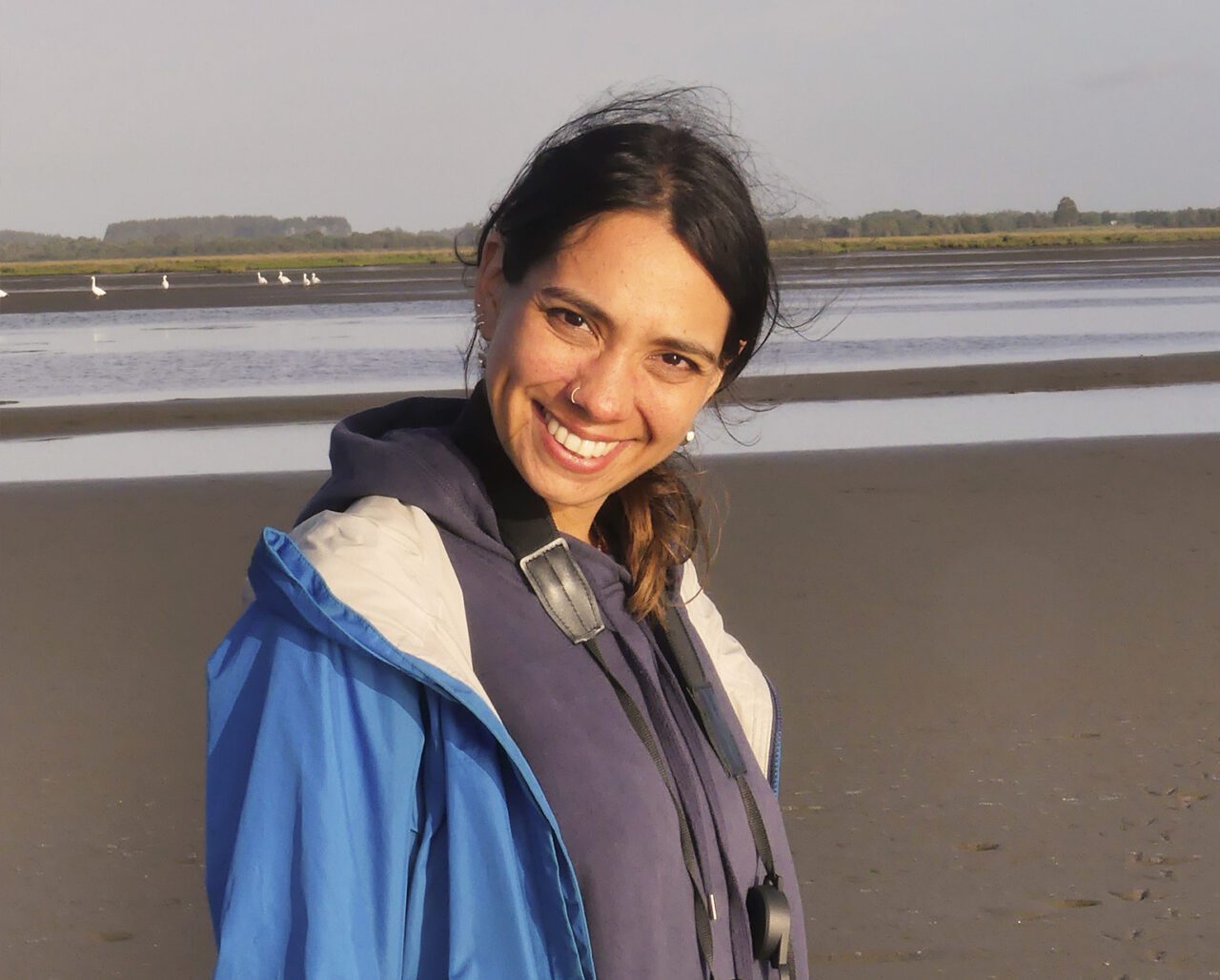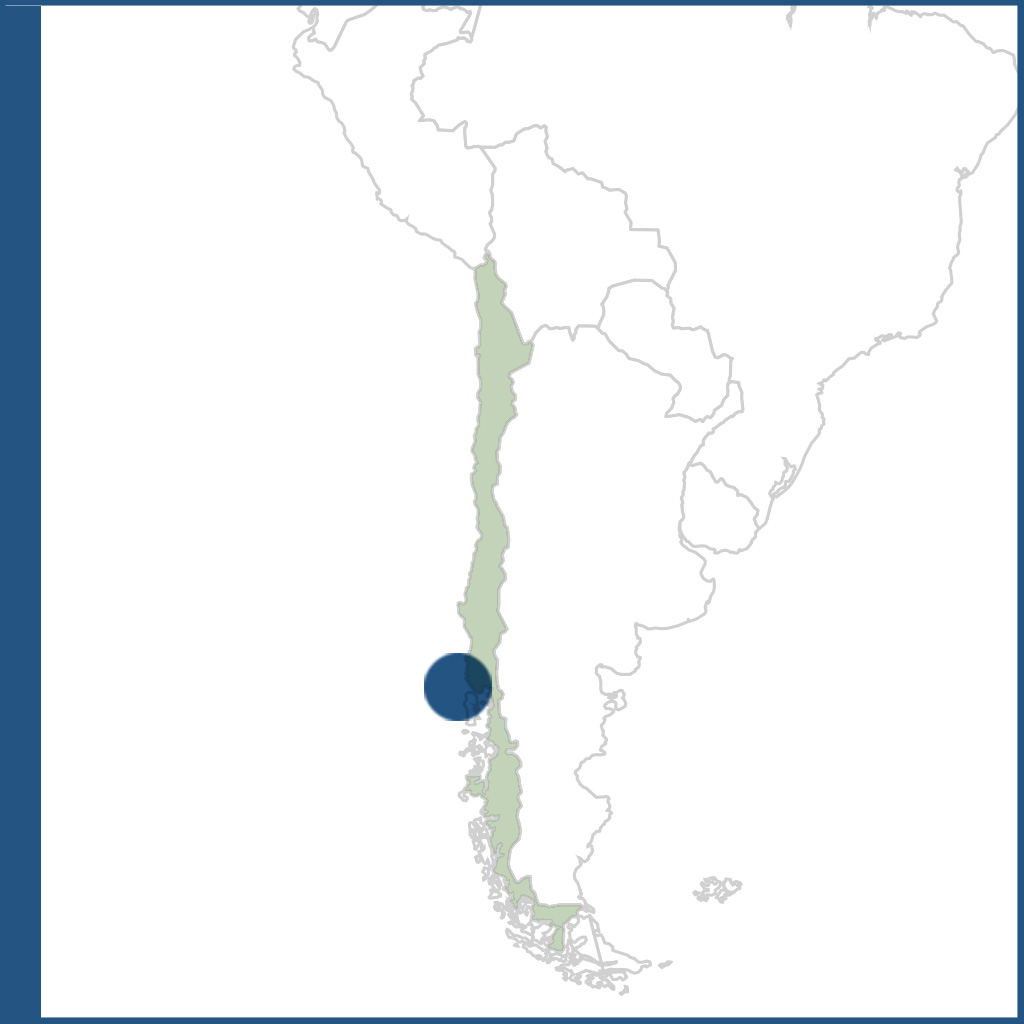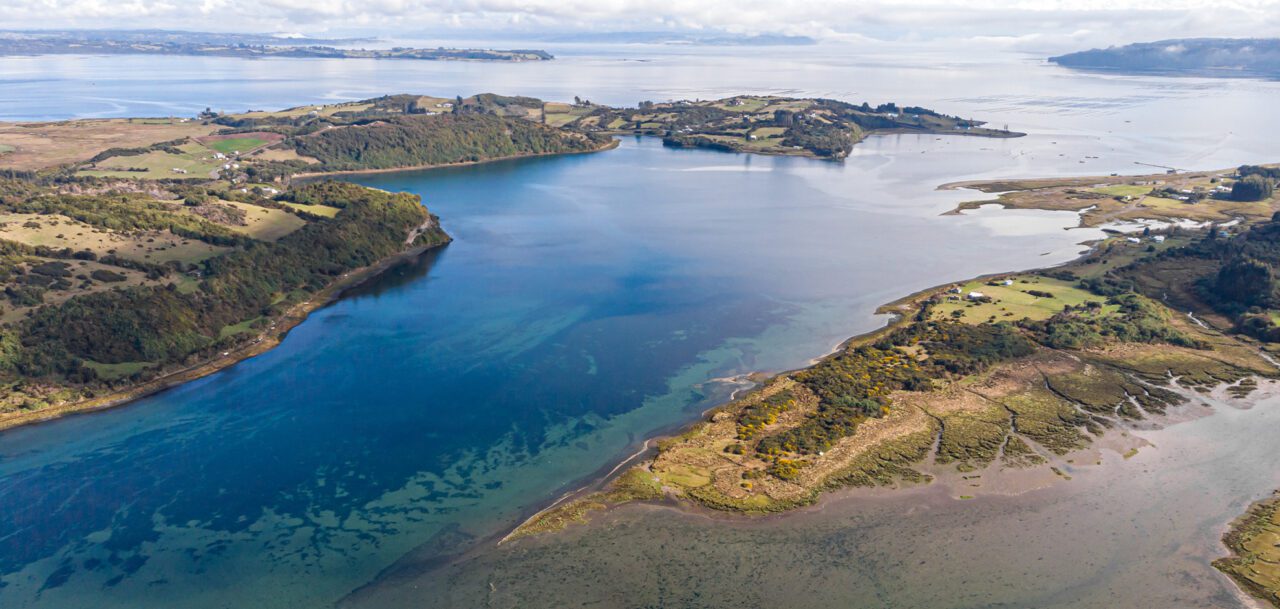Daniela Ruz

Sustainable community-based tourism: a strategy for the conservation of shorebirds in three WHSRN sites in Southern Chile
Project Sites: Wetlands of the Maullín River, Curaco de Vélez Bay and Villa Quinchao Bay
Sector: NGO
Disciplines: Environmental Engineering, Public Policy, Rural Development
Collaborators: Fundación Conservación Marina (FCM), Agrupación Ecológica Patagonia, Municipalidad de Maullín, Municipalidad de Curaco de Vélez, Municipalidad de Quinchao, Universidad Austral, Universidad de Santo Tomás, Suelo Sustentable, Red de Observadores de Aves y Vida Silvestre de Chile (ROC).
Environmental engineer from the Universidad de Santiago de Chile, with a diploma on environmental rehabilitation and restoration, Daniela is focused on the damaged ecosystems in native and exotic forest, and its effects on her country’s ecology. She worked at the National Forestry Commission developing her thesis on the effects of restoration and conservation projects on eroded soils at Melipilla, Chile. She then became a founding member of “Suelo Sustentable”, an NGO with the purpose to study these eroded and degraded areas, also working in polluted zones and territorial planning.
Since 2022, Daniela has been collaborating in two projects with the Marine Conservation Foundation (FCM) to support the strengthening of capacities of a group of local ecotourism entrepreneurs for the conservation of priority shorebird sites, which include the Maullín, Chamiza, Curaco de Vélez and Villa Quinchao wetlands in southern Chile. She has been also providing technical support in the preparation of the management plan for the Maullín River Wetlands Nature Sanctuary, primarily through local and community management.

Daniela’s Coastal Solutions project proposes a strategy for the involvement of the community surrounding the Los Lagos region, with a focus on tourism operators. At the same time, it will seek the commitment of local governments to promote sustainable birdwatching tourism and other environmentally friendly activities, to connect local communities to the tangible benefits of conservation.
Through a series of training and seminars for tour operators, a manual of best practices for tourism, outreach campaigns, and the articulation of an intercommunal public policy, the project proposes to develop standards and agreements of best practices for tourism and recreation activities, to also promote the reactivation of the local, sustainable, and circular economy in the communities surrounding these sites.
Daniela will be supported by her mentor Claudio Delgado, marine biologist, founder, and director of the Marine Conservation Foundation (FCM), a well-recognized NGO working for the sustainable management of the vast Chilean coast. Claudio has twenty years of experience in the design and implementation of conservation projects at both terrestrial and marine protected areas. He is a specialist and coach in the Open Standards for Conservation Planning methodology. Claudio has provided training to various audiences and professionals in Chile, Brazil, Cuba, Uruguay, and Argentina, and led planning processes for the South America and Caribbean sections of the Atlantic Flyway Shorebird Initiative (AFSI). Since 2010 he has coordinated the design and implementation the Migratory Shorebird Conservation Plan for Chiloé at three key marine wetlands that are recognized as Western Hemisphere Shorebirds Reserve Network sites (WHSRN): Curaco de Vélez, Chullec and Maullín. Since 2015 he has led the Maullín wetlands conservation project, aimed to achieve legal protection of 20,000 acres of wetlands and critical habitat for shorebirds conservation, linking bird’s conservation with sustainable tourism based on local biocultural heritage.
